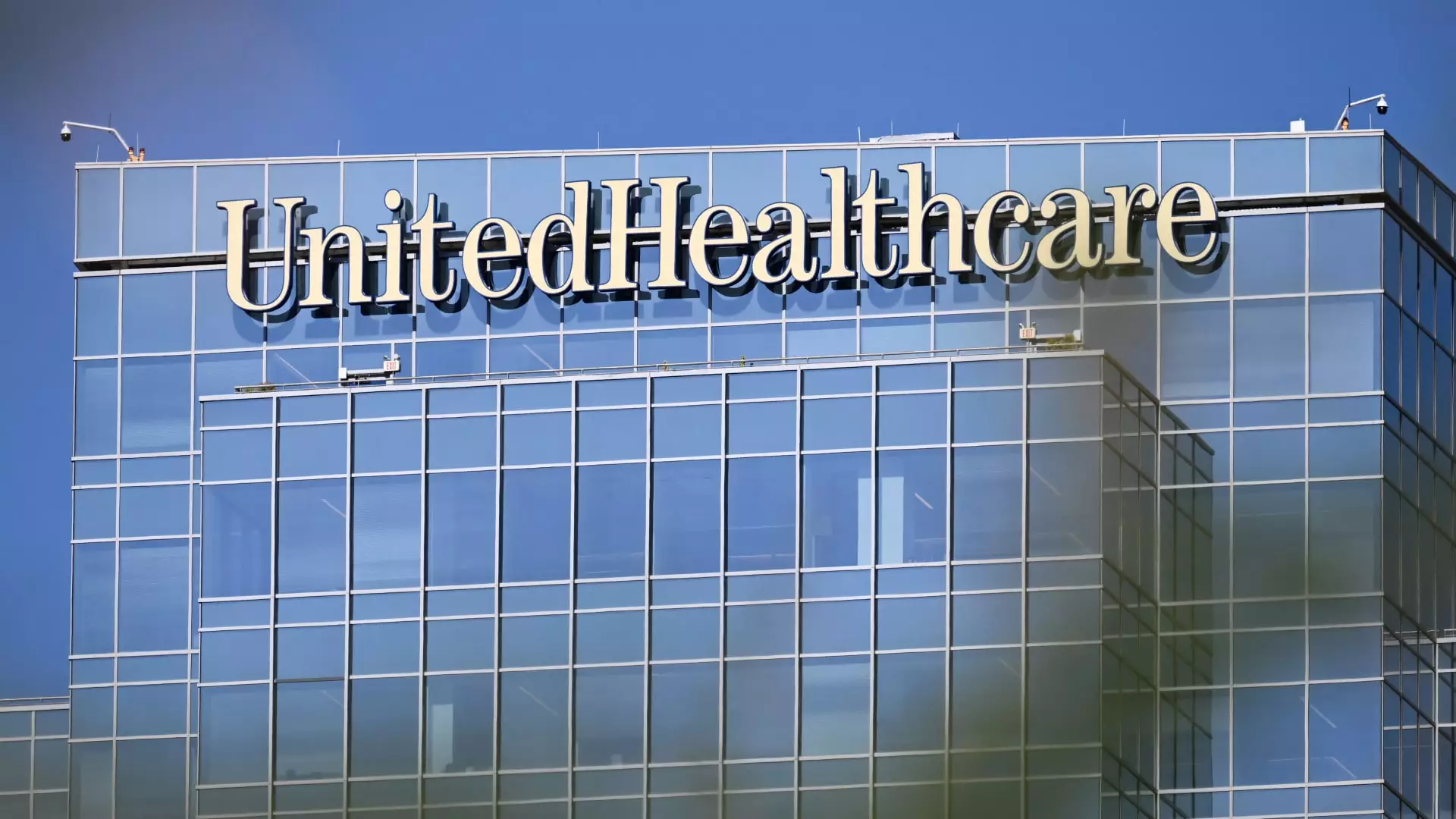In a decisive move aimed at stabilizing its leadership, UnitedHealthcare has appointed Tim Noel as its new CEO, succeeding Brian Thompson, who was tragically murdered in December. This appointment comes amidst a backdrop of heightened scrutiny and unrest within the healthcare industry, stemming from Thompson’s death, which has both shocked the corporate world and reignited debates about the practices and ramifications of the insurance sector in the United States.
Tim Noel, a longstanding employee of UnitedHealthcare since 2007, steps into the role during a tumultuous period. Prior to his elevation to CEO, he was at the helm of the Medicare and retirement divisions, which collectively serve a substantial portion of the Medicare-eligible population. UnitedHealthcare, being the largest private health insurer in the nation, is critically placed to influence health insurance trends, with a substantial market capitalization exceeding $480 billion.
The shocking nature of Thompson’s death has reverberated throughout the healthcare space, prompting many firms, including UnitedHealthcare, to bolster their security protocols. Companies are now accelerating efforts to safeguard their executives, highlighting the growing concern over personal safety in a sector repeatedly criticized for its structural flaws. Sensitive information about executives, including photos and personal details, is being removed from public-facing platforms—a clear sign of an industry on edge.
This violence has stirred up long-standing animosities toward the insurance industry, with calls for reform gaining renewed momentum. As the conversation pivots back to healthcare accessibility and reform, the implications for the future of the industry are immeasurable. While Noel’s seasoned experience might offer some reassurance, the company faces mounting pressure to prove its commitment to ethical practices and reforms that prioritize consumer welfare.
Under Noel’s guidance, the Medicare and retirement unit has grown to oversee a vast demographic, covering nearly 13.7 million Medicare beneficiaries. However, the shift towards Medicare Advantage plans has brought unforeseen challenges. These plans, designed to provide better care for seniors, are now at the center of escalating costs as more senior patients seek treatments they postponed during the COVID-19 pandemic.
Amidst this backdrop, Andrew Witty, CEO of UnitedHealth Group, recently pointed out that the current healthcare ecosystem in the U.S. is excessive in complexity and costs. He emphasized the need for changes that could enhance patient experiences and decrease expenses; however, he did not elaborate on the specific benefits UnitedHealthcare derives from the high prices underlying the current system. This discrepancy raises questions about the company’s commitment to genuinely reforming healthcare practices or merely seeking to protect its interests in a profit-driven model.
Financial Implications and Future Prospects
Following the unsettling events surrounding Thompson’s death, UnitedHealth Group reported its first quarterly results that fell short of Wall Street projections. Despite an 8% increase in revenue to $400.3 billion for 2024, the expectations were tempered by weaknesses within the insurance segment, revealing an underlying fragility in a company that had previously been a stalwart in the healthcare industry.
Looking forward, the company’s projections for 2025, estimating revenues in the range of $450 billion to $455 billion, signal a resilient recovery strategy but also underscore the need for sustainable growth. The heightened focus on financial performance amidst societal calls for reform may create a challenging environment for Noel, who must navigate both the demands for accountability and the inherent complexities of leading a major healthcare entity.
As Tim Noel assumes the role of CEO, he carries the weight of not just corporate responsibility but also the moral imperative to address the growing discontent within the healthcare landscape. His leadership will be pivotal in determining whether UnitedHealthcare can shift toward a model that prioritizes patients over profits, ultimately redefining its legacy in a sector desperate for sensible reform. This precarious balancing act will require astute strategic decisions and a commitment to transparency, as the world watches to see if changes can unfold in the American healthcare system without sacrificing the well-being of those it serves.


Leave a Reply